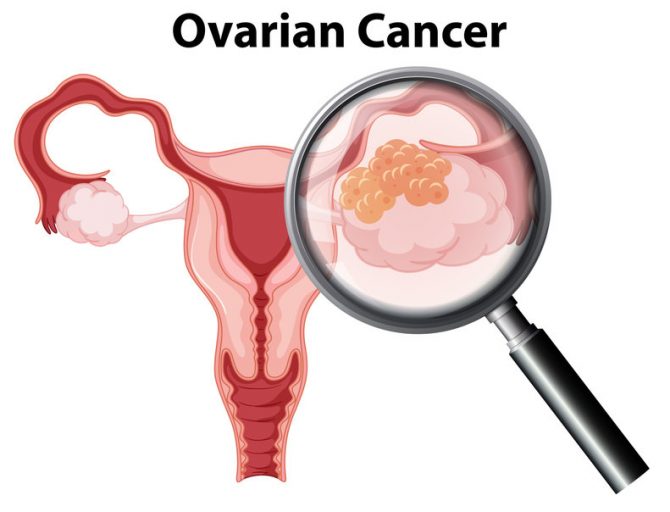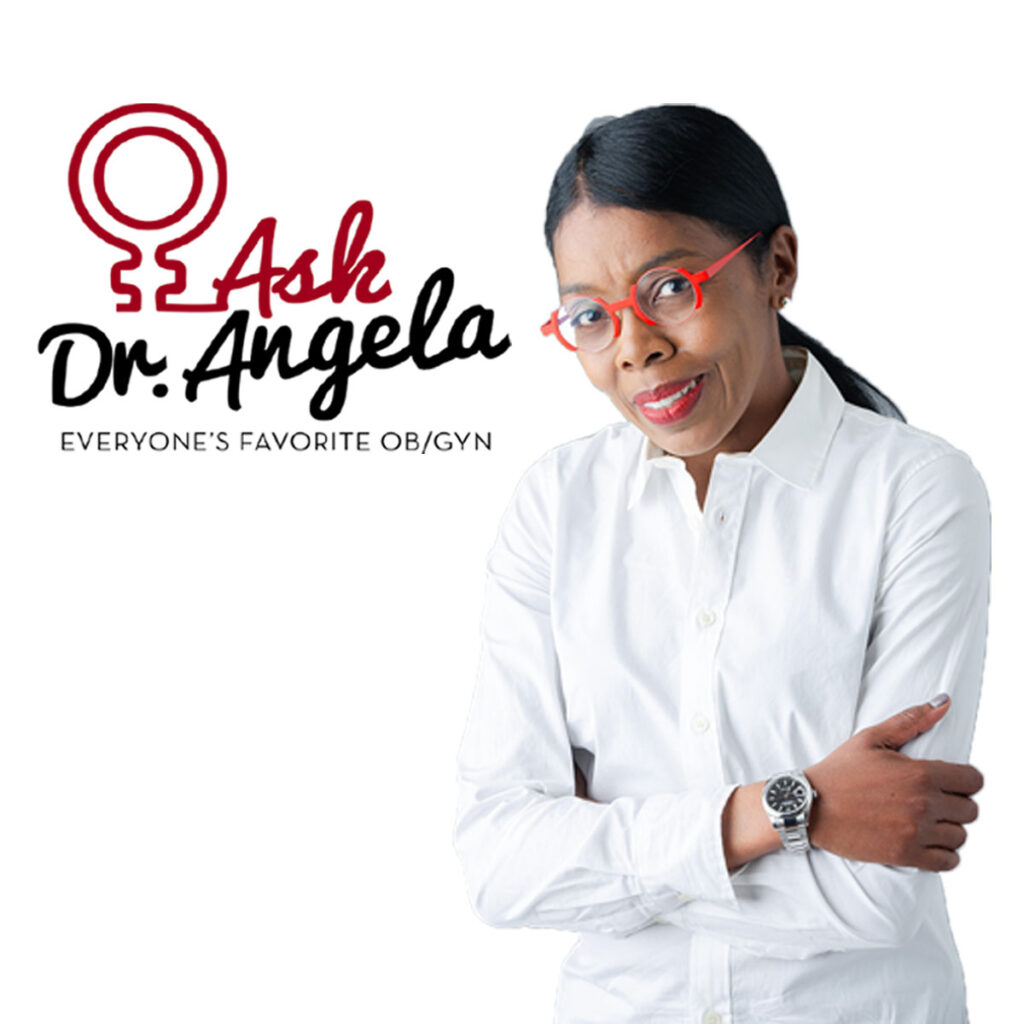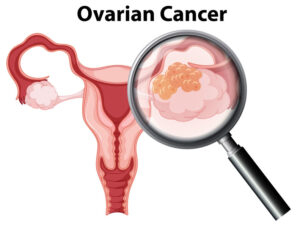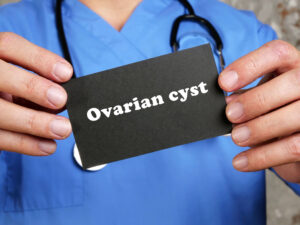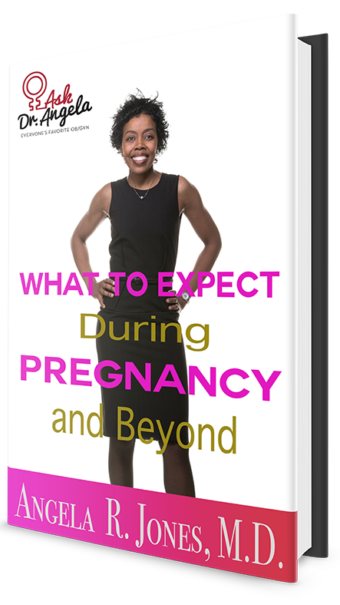What Causes Ovarian Cancer
While no one knows exactly what causes ovarian cancer, the most recent findings suggest that ovarian cancer doesn’t necessarily start in the ovary itself.
Recent studies have shown ovarian cancer starts in the tail ends of the fallopian tubes. This has resulted in the recent move towards bilateral salpingectomies (removal of the fallopian tubes) instead of traditional tubal ligation in women desiring permanent sterilization.
Gene changes, whether they be inherited or acquired, are also causes of ovarian cancer. The genetic mutations linked to Ovarian cancer that you are likely most familiar with include the BRCA1 and BRCA2 genes.
While there is no sure-fire way to determine who will and won’t get ovarian cancer, Here are risk factors that may increase the likelihood of getting it.
Age
Age is an independent risk factor for ovarian cancer. The older you are, the greater your chances of developing OC.
Half the cases of ovarian cancer are seen in women age 63 and older. Ovarian cancer is rare in women below 40.
Family History of Ovarian and Breast Cancer
Ovarian cancer can run in families. If you have relatives who have or have had ovarian cancer, your risk for developing it increases.
Family history of other types of cancer such as breast and colorectal cancer also increases the risk for ovarian cancer. This is due to these cancers being caused by inherited gene mutations (BRCA1 and BRCA2 are examples) that can cause family cancer syndromes.
Genetic screening tests are available to determine your carrier status, and thus your risk for developing ovarian and/or breast cancer. In women with strong family histories, genetic testing is advised as up to 25% of ovarian cancer is part of a Family Cancer Syndrome.
Obesity or Being Overweight

While the link between ovarian cancer and obesity is unclear, obesity has been linked to other types of cancers in women, thus, being more mindful of one’s weight is advisable.
Obese women, defined as women having a Body Mass Index(BMI) of 30 or higher, are at an increased risk of developing ovarian cancer. Though the ACS notes that such women are not prone to the more aggressive types of ovarian cancers, obesity in and of itself negatively impacts the survival rates of those affected.
No History of Pregnancy or Having Children Late
Older women with no history of pregnancy or women who give birth at age 35 are at risk of developing ovarian cancer
Undergoing Hormone Replacement Therapy
Women who undergo hormone replacement therapy (the use of estrogen and progesterone) after menopause, are at an increased risk of developing ovarian cancer.
Endometriosis
Endometriosis is a condition where the uterine lining, which is normally shed as your period/menstrual cycle, gets shot out through the fallopian tubes and implants on various aspects of your abdomen and/or pelvis.
Factors with questionable ovarian cancer risks:
- High androgen levels (male hormones)
- The use of talcum powder
- Unhealthy Diet consisting of sugary foods and drinks, processed foods, red meat, etc.

